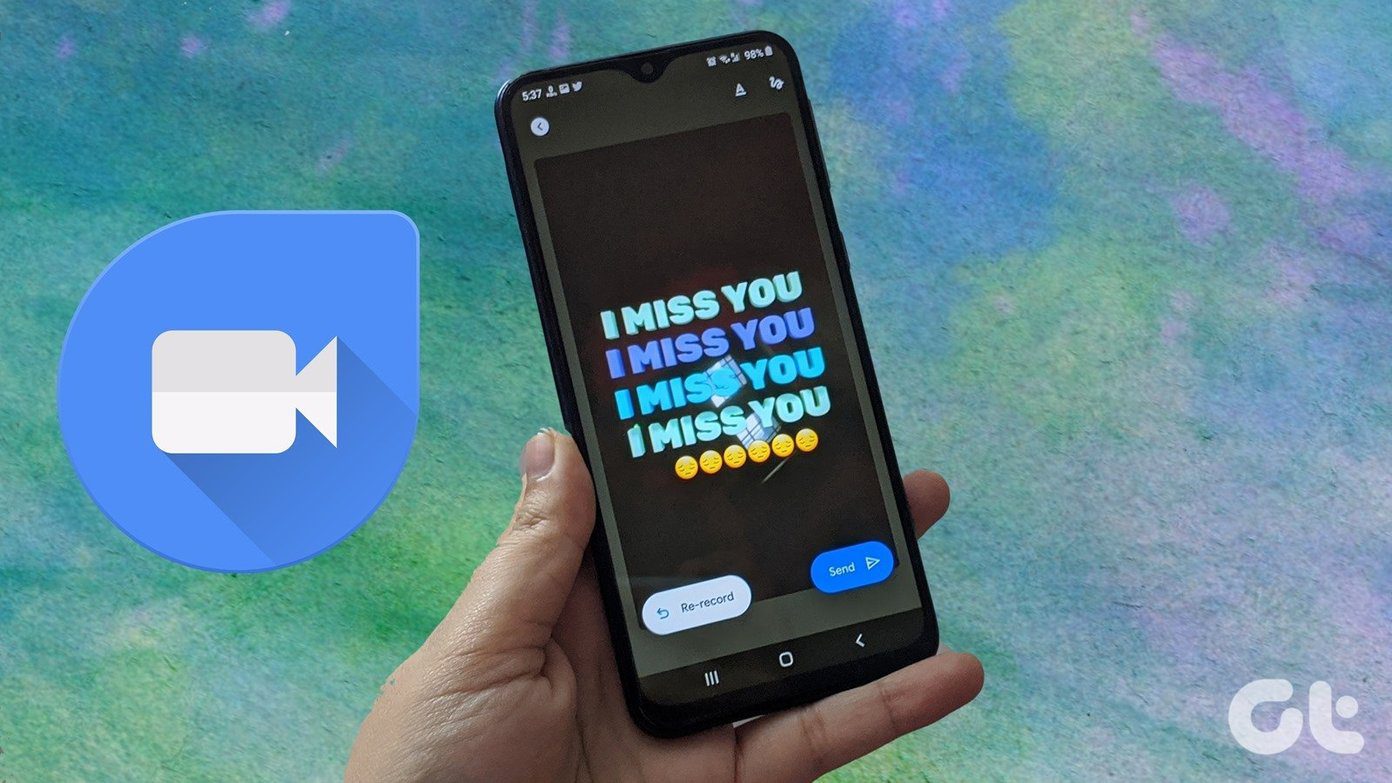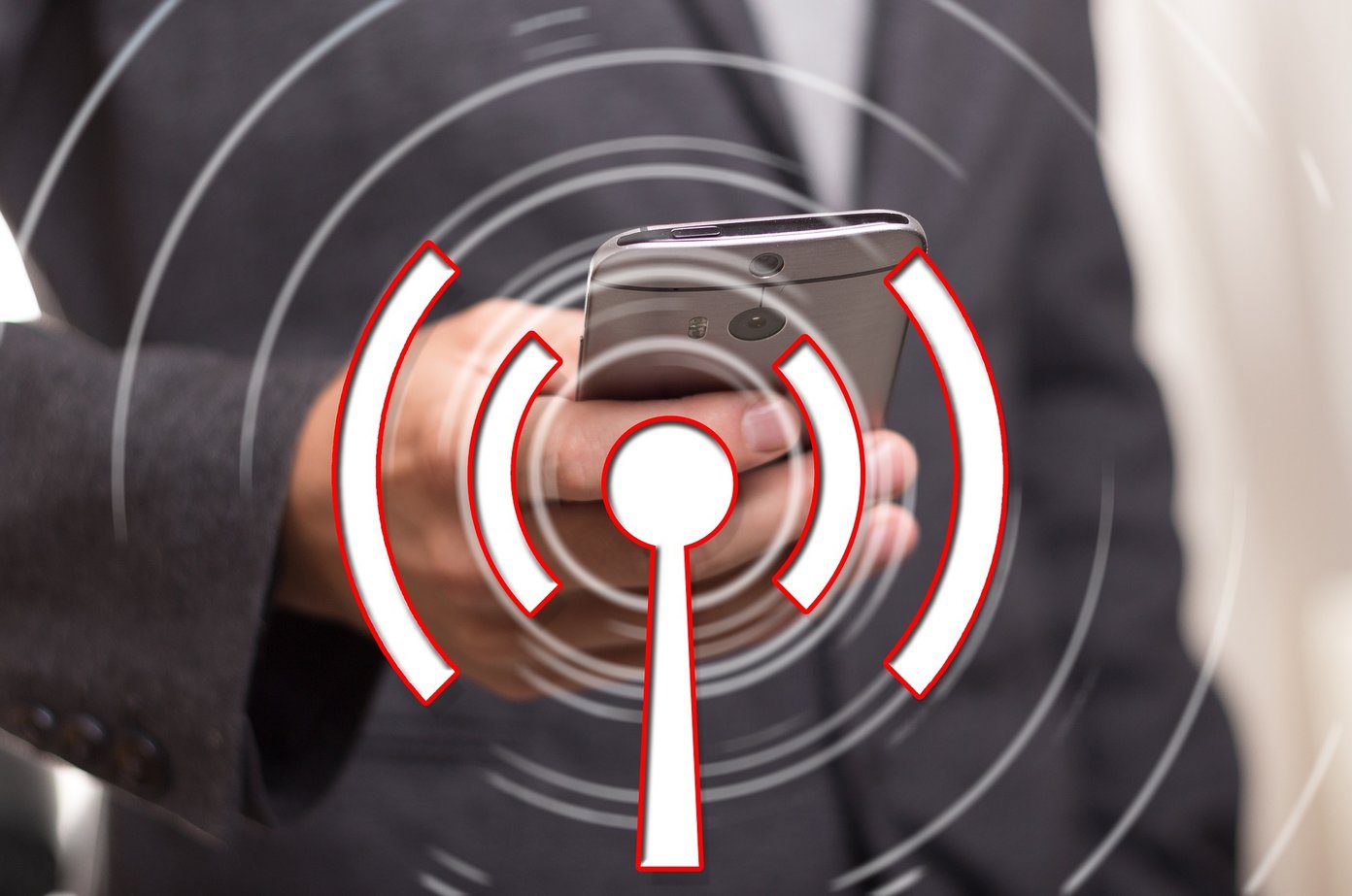People have been largely sceptical regarding online transactions in the past, not like that has changed, but the need to use mobile wallets at this point in time is unprecedented. As more and more people are shifting to using online wallets for payments, we answer a few frequently asked questions below that will help you use the wallets more efficiently and do away with the concerns you might have of putting your hard-earned money in these mobile wallets.
Q1. What are mobile wallets?
These are mobile-based virtual wallets wherein you can store your money after registering with a service provider, to make online and offline payments to merchants associated with the said service provider. Mobile Wallets are also called mWallet, eWallet or digital wallet. You can use these wallets to pay your mobile, Dth, electricity, other utility bills and shop for groceries, clothing and much more from the registered merchants. Say you want to have breakfast at ABC restaurant, which is listed with XYZ service provider, you can choose to pay the bill via your phone if you’re registered with XYZ service provider and have cash in your mobile wallet.
Q2. Which are the major mobile wallets in India?
Several online wallet services have emerged in the young emerging mobile wallet market of India. The more famous ones are Paytm, MobiKwik, Freecharge, PayU and Oxigen. Currently, Paytm has a chunk of market share in the number of registered users and volume of transactions via the service provider.
Q3. How do mobile wallets work?
Mobile wallets form an escrow account for every one of their registered customers. An escrow account serves as a buffer point wherein money is held by a third-party on behalf of two transacting parties, that is, the customer and the merchant. So, once you register on any of the mobile service mentioned above, you’ll be asked to add money to the wallet to use the services provided by merchants listed with the mobile wallet service provider. Add money using your debit/credit/atm card or internet banking. As soon as you credit your mobile wallet, it’ll reflect in the mobile app of the said service provider, and now you’re all set to your wallet to access the goods sold by associated merchants, both online and offline. As soon as you credit your mobile wallet, it’ll reflect in the mobile app of the said service provider, and now you’re all set to your wallet to access the goods sold by associated merchants, both online and offline.
Q4. Advantages of mobile wallets.
You don’t have to worry about carrying cash anywhere. More so, no one is going to give you a candy or two instead of a one rupee coin when short on change. You’ll tender the exact amount, to the last paise, using an online wallet. You don’t have to worry about losing your money, until you keep your phone secure. In addition to the above-mentioned merit, you can not lose your online wallet unless you lose your mobile. It’s quicker than internet banking, with one-tap payments and you don’t end up exposing your bank details on various merchant sites.
Q5. Disadvantages of mobile wallets.
Mobile wallets can only be used by people who’ve access to a reliable internet connection. The number of merchants associated with mobile wallets is on the rise, but they’re still not enough. Mobile wallets can not be used for high-value purchases as each of them have caps on the spending and depositing limits.
Q6. Do they charge any transaction fees?
There are no transaction charges levied on the customers. Rather, you might find yourself receiving huge cash-backs and promo codes for merchandises listed, and if you’re very lucky, you might even end up making a profit using a mobile wallet.
Q7. How to withdraw the unused money?
As mentioned above, transferring money to your bank account from a wallet will probably cost you extra. The percentage charged varies from 1-4% of the total amount transferred. Currently, MobiKwik is offering bank transfer services for free. You can only transfer a maximum amount of 25,000 in a month back to your bank account.
Q8. Cashback and promo codes?
One of the biggest boons of mobile wallets are the deals that they offer you. More often than not, mobile wallets are flooded with cashback offers on purchase of a certain product or discount coupons on selected merchandises. These not only help you earn back some of the money you spend but sometimes can also help you save big time.
Q9. How secure are they?
Do you fear that a service provider might just make a run for your money? We’re going to look into escrow accounts as discussed above. An escrow account is made as per rules laid down by the Reserve Bank of India to protect the customer’s money, so that any wallet service provider may not be able to make a run with their customer’s money. Money from your escrow account is credited to your mobile wallet service providers account only when you make a payment.
Q10. What is the Monthly Transaction Limit?
Most of the mobile wallet service providers have a monthly limit of depositing amounts up to INR 10,000. But a few service providers like PayTM have the option to deposit amounts up to INR 1,00,000 if you have a verified account. Accounts can be verified using a KYC document. The above article may contain affiliate links which help support Guiding Tech. However, it does not affect our editorial integrity. The content remains unbiased and authentic.











